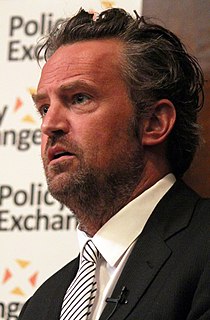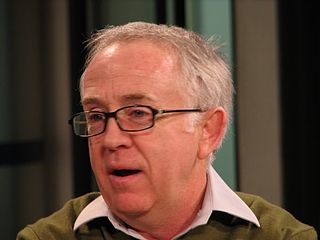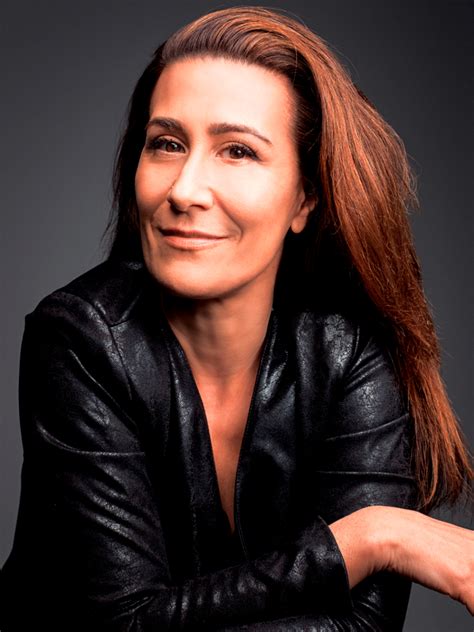A Quote by Caroline Calloway
I think a lot of people feel shame when they revisit their years of addiction.
Related Quotes
And the stigma hasn't really changed that much in 31 years. You are still getting people - it's a shame-based disease. It's based on sexual transmission. And it's still shame-based. And until people feel strong enough and feel loved enough to actually open up and say, listen, I'm HIV-positive, then we are facing an uphill battle.
There's traditionally been two different ways of seeing addiction. Either it's a sin and you're a horrible bad person and you are just choosing to be hedonist or it's a chronic progressive disease. And while I certainly believe addiction is a medical problem that should be dealt with by the health system, the way we've conceptualized addiction as a disease is not actually accurate, and it has unfortunately become stigmatizing and it's also created a lot of hopelessness in a lot of people.
Once and for all, people must understand that addiction is a disease. It’s critical if we’re going to effectively prevent and treat addiction. Accepting that addiction is an illness will transform our approach to public policy, research, insurance, and criminality; it will change how we feel about addicts, and how they feel about themselves. There’s another essential reason why we must understand that addiction is an illness and not just bad behavior: We punish bad behavior. We treat illness.
If I feel like I haven't really tapped into the essence of the story when I do an assignment, I may revisit it on my own, and that's when I feel freer to add my imagination. But I think that if you feel imaginatively towards a subject, you really shouldn't do it in a journalistic context, because then you're just fabricating, and that's crazy.
When I was writing the book, I thought "Who wants to hear another story about some actor who lost his way?" But my story is a little unique in that I realized when I was 14 years old that I was different. I think a lot of gay people use drugs and alcohol to quell that fear and shame - especially people of my age.
The drivenness in any addiction is about the ruptured self, the belief that one is flawed as a person. The content of the addiction, whether it is alcoholism or work, is an attempt at an intimate relationship. The workaholic with her work or the alcoholic with his booze are having a love affair. Each alters mood to avoid the feeling of loneliness and hurt in the underbelly of shame.
I think a lot of people get intimidated by the language of music, but everyone owns music. I think there's nothing standing in between a composer and her audience. I think a lot of people feel that way because they feel it's rarefied, but it's really not. You should feel the impact of it without being able to name it because it's ultimately a primal thing.
I felt that if people understood the struggle of recovery, then some of the stigma of addiction might be reduced because the audience would understand in a palpable way that addiction is a disease that tells the afflicted, despite years or even decades of heartbreaking evidence to the contrary, that using will make things better.



































